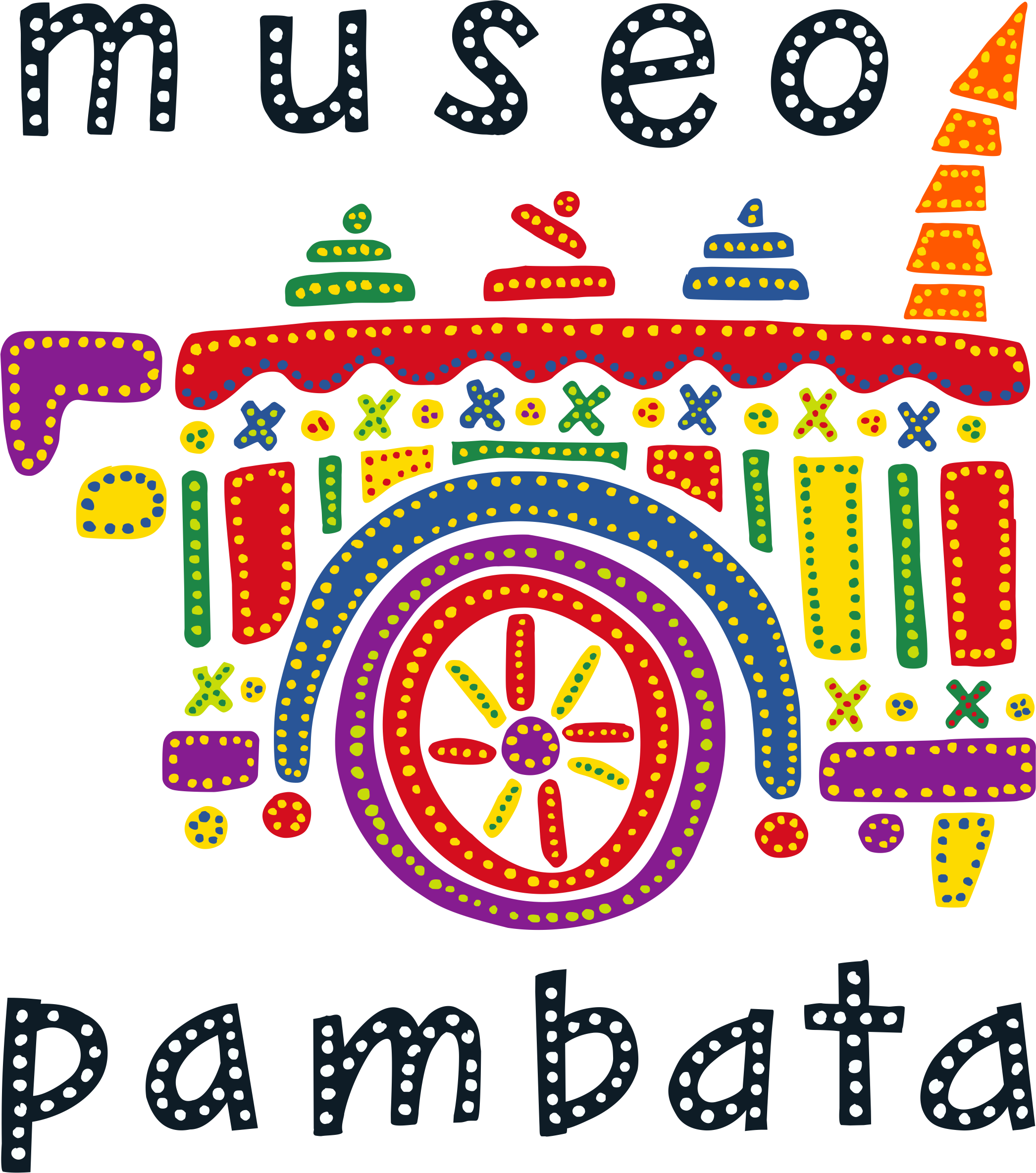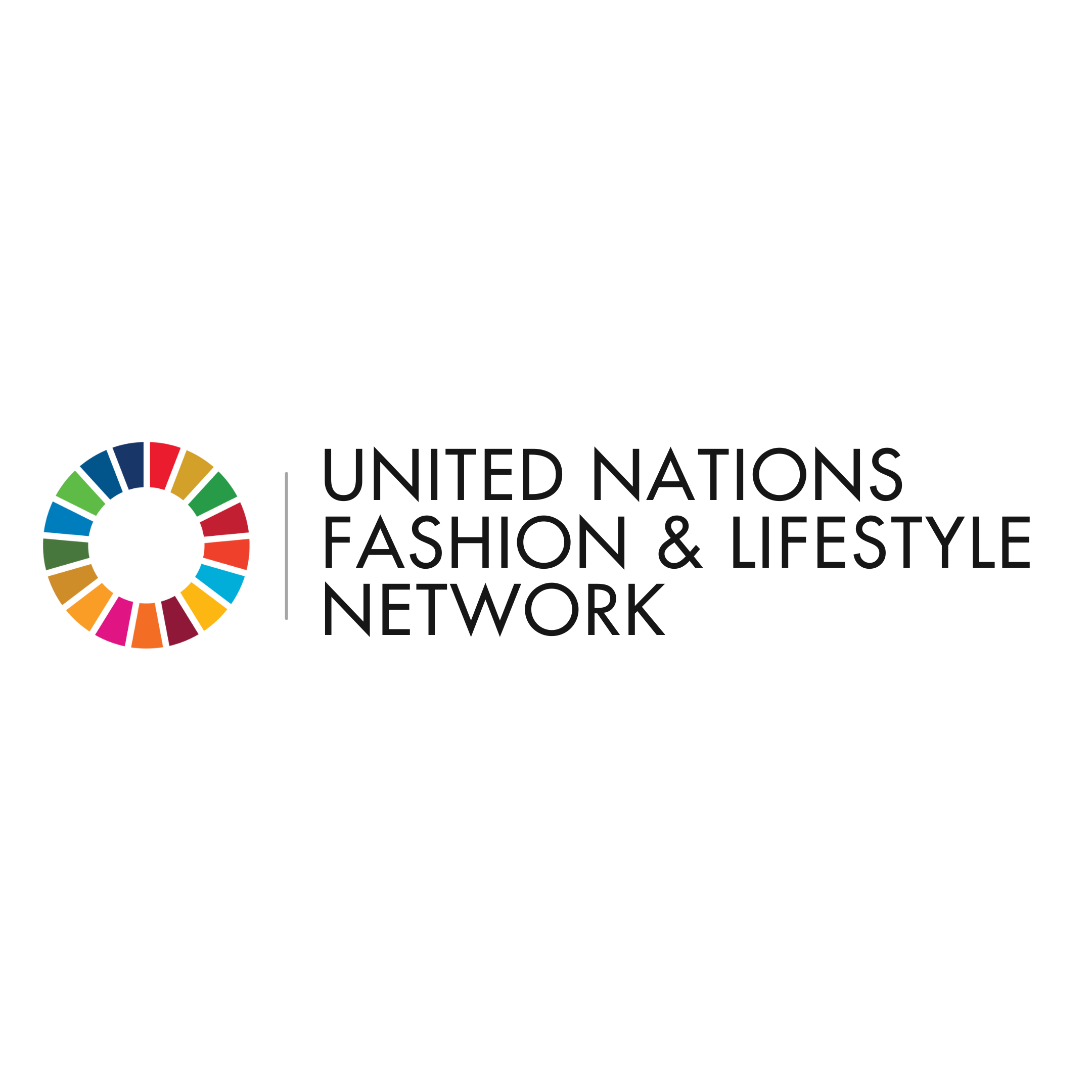Museo Pambata
Museo Pambata Foundation, Inc.
(
Non-governmental organization (NGO)
)
#SDGAction58147
Description
A 30-year old private non-stock, non-profit organization sitting on government-owned land, Museo Pambata is the Philippines’ first interactive museum for children. It has been developing innovative educational programs advocating for the rights and holistic welfare of Filipino children since 1994. Museo Pambata is all about the Filipino child and childhood. It nurtures, protects and empowers the Filipino community. It aims to provide an alternative to the formal classroom environment, engaging the minds of the young, inspiring them to learn more, and revitalizing what child education should be – fun and exciting! Through our exhibits, programs, and events, we empower Filipino children to learn by experience about what it means to be an active agent in nation-building.
Museo Pambata provides Filipino children, most specially local public school students, children from marginalized and underserved communities such as orphanages and street children housed by NGOs, children with disabilities and cancer kids from the local government hospitals, access to an alternative formal classroom education where they can learn to nurture their environment through simulations of farming and local forests, the importance of caring for local mangroves and marine life species, appreciate the different types of handwoven textiles and musical instruments of indigenous communities, “experience” milestones in local history through its exhibit installations, and journey through our organs to learn how our bodies work. Museo Pambata also recently built a “Classroom of the Future”, partnering with Khan Academy Philippines, to provide public school children access to online learning in Math and English, believing that computer literacy can be beneficial to their learning. Museo Pambata will soon be activating a new exhibit space for contemporary art featuring an art installation titled “Dwellings” by Alfred & Isabel Aquilizan which uses recycled cardboard boxes depicting the transition of villages to towns to large cities where children can “contribute” to its development and growth by taking part in building workshops, creating trees, vehicles, etc using pre-cut cardboard pieces. This new exhibit space will be home to more “visiting exhibits” in collaboration with other artists and museums. Museo Pambata also renovated an old building annex that is now envisioned to be another exhibit space for youth curated art installations, called Balay Yatu (Home of the Earth). It recently hosted the Arkipelago Mundo and Kaluluwa at Diwa (Spirit & Language) exhibits, showcasing drawings and photos of children’s from 17 regions in the Philippines. It aimed to highlight that the while the Philippines is an archipelago of various islands and over 170 dialects separated by water, it is one country united under one sky and one national language, Tagalog.
Museo Pambata had closed down during the pandemic for almost 2-3 years due to strict government ordinance restricting children from stepping out of their homes. It decided to undergo renovation to make repairs to its main building and “rebuild” the annex now called Balay Yatu, reopening its doors last December 2024. It continues in its rebuilding mode, with the support of past and new donors/patrons, along with strengthening ticket sales from private schools field trips and trips arranged with local tour operators. Museo Pambata’s new board of trustees is working on new partnerships/collaborations with the National Museum as well as other museums around the country and initiating possible new exhibit exchanges with foreign museums around the region and also Europe and the United States - its vision and mission is to provide Filipino children access to various dynamic and inspiring exhibits that will encourage curiosity and imagination not only through interactive exhibits but also through immersive exhibits using technology without having to leave their country. It is also looking into holding “pop up exhibits’ in different parts of the Philippines to share the “Museo Pambata” experience with other Filipino children from different provinces. Museo Pambata also dreams of one day being able to build satellite branches around the country.
The Museo Pambata’s leadership comprises of 12 Board of Trustees members: an Honorary Chairperson (current Mayor of Manila), Chairperson, President, Vice President, Treasurer, Corporate Secretary, Head of Programs & Exhibits, Head of Marketing & Communications, Head of Administration/Operations, Head of Fundraising, and two Members. In addition, it has an Executive Director and Administration/Operations Manager who are in charge of day-to-day operations of the museum, and who report to the Board of Trustees.
It has been determined that children’s museums, specially interactive and immersive ones, have positive impact on the cognitive development of children. Visiting museums underscore even more the importance of play and informal and alternative learning for children’s cognitive development. Early childhood is a period of rapid cognitive development that lays the foundation of intelligence and learning capacities that promote well-being throughout our lifespan; furthermore, a stimulating environment is critical for children to develop these cognitive abilities. Museo Pambata has been a trailblazer for the past 30 years in providing the Filipino child access to informal learning, providing hands-on activities, exhibit spaces, and interactive learning opportunities to promote cognitive development. Moreover, it has been championing and continues to champion, equality for learning opportunities for marginalized and underserved Filipino children, allowing these children to explore and learn through play. Museo Pambata believes that its museum can serve as an alternative educational place that facilitates experiential learning not only in history, art and culture, but also in physics, biology, environmental science, sustainability, literacy, and math through its programs and exhibits, enhancing children’s knowledge and learning skills in a child-friendly way.
City of Manila - because Museo Pambata was given a free lease by the local municipal government of Manila on the land where its building stands on, it remits 10% of its ticket sales to the City of Manila. In addition, for every ticket sold, it allocates funding for free field trips to the museum for Manila public school students to provide them access to arts, culture, and history; Philippine Board on Books for Young People (PBBY) - Museo Pambata is PBBY’s only museum institutional member of its board (the other two are the National Library and the Cultural Center of the Philippines). Museo Pambata hosts PBBY’s annual “National Children’s Book Day”, sharing its vision of “making every child a reader and every reader a lover of books”. Khan Academy Philippines - Museo Pambata recently partnered with Khan Academy Philippines to provide public school students access to online learning in Math and English through its newly built “Classroom of the Future”.
SDGS & Targets
Goal 4
Ensure inclusive and equitable quality education and promote lifelong learning opportunities for all
4.1
By 2030, ensure that all girls and boys complete free, equitable and quality primary and secondary education leading to relevant and effective learning outcomes
4.1.1
Proportion of children and young people (a) in grades 2/3; (b) at the end of primary; and (c) at the end of lower secondary achieving at least a minimum proficiency level in (i) reading and (ii) mathematics, by sex
4.1.2
Completion rate (primary education, lower secondary education, upper secondary education)
4.2
By 2030, ensure that all girls and boys have access to quality early childhood development, care and pre-primary education so that they are ready for primary education
4.2.1
Proportion of children aged 24–59 months who are developmentally on track in health, learning and psychosocial well-being, by sex
4.2.2
Participation rate in organized learning (one year before the official primary entry age), by sex
4.3
By 2030, ensure equal access for all women and men to affordable and quality technical, vocational and tertiary education, including university
4.3.1
Participation rate of youth and adults in formal and non-formal education and training in the previous 12 months, by sex
4.4
By 2030, substantially increase the number of youth and adults who have relevant skills, including technical and vocational skills, for employment, decent jobs and entrepreneurship
4.4.1
Proportion of youth and adults with information and communications technology (ICT) skills, by type of skill
4.5
4.5.1
Parity indices (female/male, rural/urban, bottom/top wealth quintile and others such as disability status, indigenous peoples and conflict-affected, as data become available) for all education indicators on this list that can be disaggregated
4.6
By 2030, ensure that all youth and a substantial proportion of adults, both men and women, achieve literacy and numeracy
4.6.1
Proportion of population in a given age group achieving at least a fixed level of proficiency in functional (a) literacy and (b) numeracy skills, by sex
4.7
By 2030, ensure that all learners acquire the knowledge and skills needed to promote sustainable development, including, among others, through education for sustainable development and sustainable lifestyles, human rights, gender equality, promotion of a culture of peace and non-violence, global citizenship and appreciation of cultural diversity and of culture’s contribution to sustainable development
4.7.1
Extent to which (i) global citizenship education and (ii) education for sustainable development are mainstreamed in (a) national education policies; (b) curricula; (c) teacher education and (d) student assessment
4.a
Build and upgrade education facilities that are child, disability and gender sensitive and provide safe, non-violent, inclusive and effective learning environments for all
4.a.1
Proportion of schools offering basic services, by type of service
4.b
4.b.1
Volume of official development assistance flows for scholarships by sector and type of study
4.c
By 2030, substantially increase the supply of qualified teachers, including through international cooperation for teacher training in developing countries, especially least developed countries and small island developing States
4.c.1
Proportion of teachers with the minimum required qualifications, by education level
SDG 14 targets covered
| Name | Description |
|---|
Deliverables & Timeline
Resources mobilized
Partnership Progress

Feedback
Action Network

Timeline
Entity
SDGs
Region
- Asia and Pacific
Geographical coverage
Other beneficiaries
Filipino and foreign children alike. It is worthy to note that Philippine public schools currently have no budgets for field trips and as such, Museo Pambata is able to fill this void by sponsoring museum visits of these public school students, along with other underserved children like street kids, children with disabilities, and those from marginalized communities/local barangays (units) of the City of Manila.
More information
Countries
Contact Information
Wilma Santos-Huang, President

